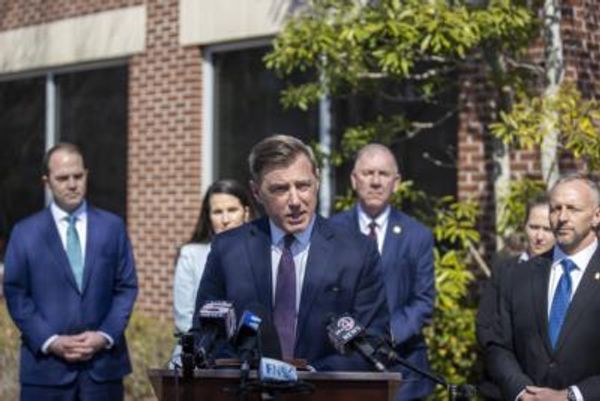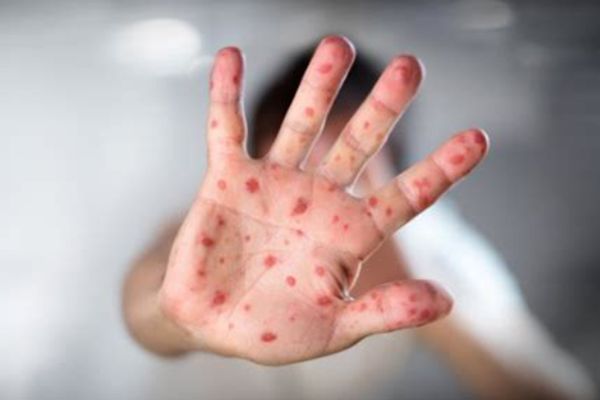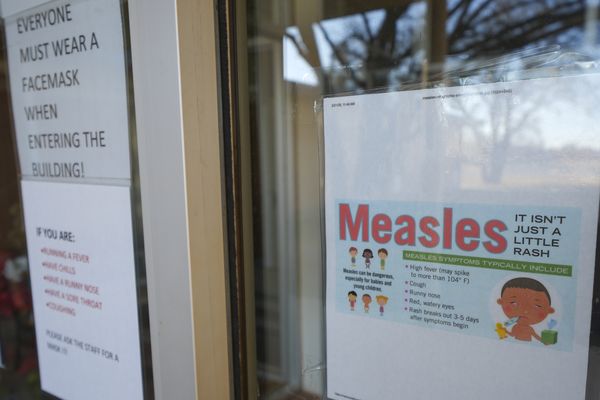Like many Americans, I grew up believing that all enslaved persons were made free when the Emancipation Proclamation took effect in 1863. The story of how freedom came to the quarter-million enslaved Black people of Galveston Bay, Texas, two years later in 1865 was one I didn’t learn of until my late 20s.
Juneteenth was officially declared a federal holiday in 2021. And even though Black Americans have been celebrating the 19th of June for more than 150 years, for many of us it is still a new tradition.
And as I figure out how to incorporate this new tradition into my life, I find myself for the first time questioning my place in the American story.
My partner comes from a large African American family who can trace their lineage all the way back to the Revolutionary War. As a first-generation American, the daughter of Black African immigrants, I don’t have the privilege.
I never saw my multicultural upbringing as a burden. I never felt “torn between two worlds.” Sure, my Liberian father and Jamaican mother ran a very structured household that was uncompromising in expectations for academic achievement, piety and obedience. It was a hard upbringing, but I accepted early on that there were things my American friends could do that I couldn’t. Looking back, though, I had the best of both worlds.
I grew up in New York City in the ‘80s and ‘90s. Our family lived in the Bronx, the birthplace of hip-hop music and culture. Saturdays were a time for visiting family and shopping around the BX (shorthand for Bronx).
Our Sundays were spent at our church in Harlem on 125th and Adam Clayton Powell Boulevard down the block from the legendary Apollo Theater and across the street from the Hotel Theresa — where luminaries such as Malcolm X, A. Philip Randolph, Fidel Castro, Langston Hughes and Josephine Baker had stayed. My dad would point to the hotel every time we passed it, telling us a new fact about the hotel’s legacy.
There were summers in Jamaica and trips to Philadelphia and Baltimore to see my Liberian family, who would prepare a feast of Liberian soups, stews and jollof rice.
Stories from the diaspora
My parents came here as 20-somethings in the 1960s. a noisy, frightening but exhilarating time to be young and Black in America. They arrived in America at a time when it seemed like history was being made every day. They experienced the movement for civil rights and the waning days of segregation, the rise of the Black Power movement and protests against the war in Vietnam.
My parents made up for what they didn’t know about Black American history — neither of them went to college, and it wasn’t something they learned about in their native countries — with the fantastic oral histories of Jamaica and Liberia.
My mother’s bedtime stories, when not read from the Bible, were about the national heroes of Jamaica.
She told us about Nanny of the Maroons — a free woman military leader who in the 16th century waged a successful guerilla campaign against the British to protect her people.
And Paul Bogle — the deacon and activist who fought for the rights of Black Jamaicans and became a fugitive from the law for leading the Morant Bay Rebellion in 1865.
My mother recalled the jubilation and political violence that followed Jamaican independence. And folktales of real-life mermaids that swam in the rivers of the island and of obeah women who lived in the mountains and the miracles they performed.
Dad talked about our family history while he and I did yard work together. About his father’s family, who were among the hundreds to emigrate to Liberia from Barbados in 1865 after emancipation. They started anew and thrived on the Pepper Coast.
About the struggle between the indigenous people of Liberia and the new settlers. Those struggles would have devastating effects on the land and the people for generations, and would ultimately lead to many Liberians going across the Atlantic in search of a better life.
My dad spoke about politics and the modern revolutionaries of West Africa, like Thomas Sankara of Burkina Faso and Kwame Nkrumah, the first president of Ghana.
Now, I think about what Juneteenth traditions look like for me and my family. I think about the lessons my parents taught me. All of their stories were centered on the dream of freedom and liberation. Freedom from oppression, freedom of thought and freedom to pursue a better life.
While my lineage isn’t rooted in America, our stories and dreams are the same.
Juneteenth is a celebration of who we are, our ancestors and culture in America and across the African diaspora. In our current political climate, there are those who would lead us to believe our stories are very different. That Black Americans and our brothers and sisters in Africa and the Caribbean hold different values.
Yet while the story of liberation for the enslaved people in Galveston Bay, Texas, in 1865 is uniquely American, in many ways, the cry of “Finally, freedom!” is one that resonates across oceans.
Cianna Greaves is an audio producer at WBEZ.
Send letters to letters@suntimes.com







